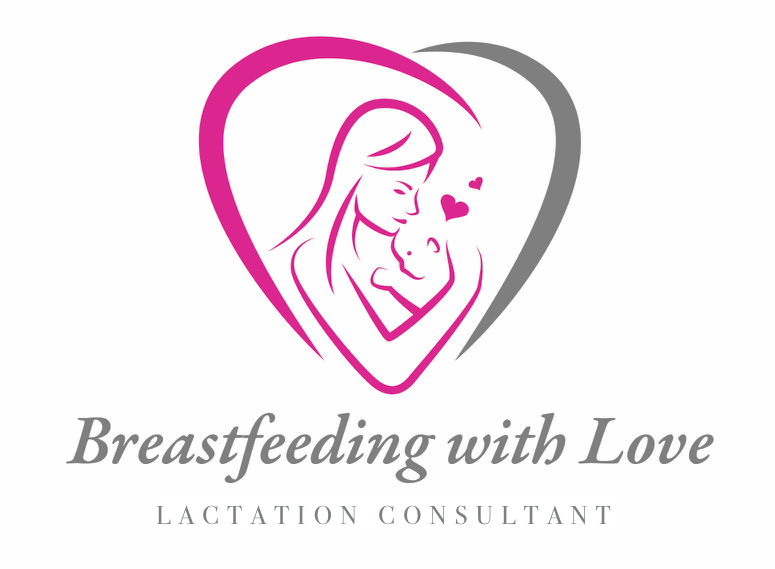What Are The Magical Components of Breast Milk?
Breastfeeding is the best thing that you can do for your baby. It has the right amount of nutrients for your baby. In fact, breast milk components are extremely beneficial for your baby. The components of breast milk include hormones, enzymes, growth factors and substances that help fight infection and helps develop the immune system. Human breast milk contains protein, fat, carbohydrates and minerals. Lactose is the primary carbohydrate found in human milk. Lactose is a disacharide sugar found in milk. It helps decrease the amount of unhealthy bacteria in the stomach and helps improve absorption of calcium, phosphorus magnesium. It also helps fight diseases. Colostrum is the first milk produced in the first few days of life. It is rich in proteins and antibodies and provides passive immunity to your body.It also helps the baby's digestive system grow and function. In the next few days after delivery, your milk becomes thicker and creamier. This is called mature milk, which comes in within three to five days after delivery. It has two components, the foremilk, beginning at the feeding session and hindmilk, which is released as the breastfeeding session progresses. Each breastfeeding session will give your baby both the foremilk and hindmilk. I tell my moms that she should breastfeed on both sides per meal, in the beginning. She should breastfeed for 10 to 30 minutes on the first side, which I consider the meal and 10 to 15 minutes on the other side, which I say is the dessert. Alternate sides each session you breastfeed. A mom should try to breastfeed on both sides at first. When the baby is a little older, she can only do one side. It is important for the mom to build up her milk supply in the beginning after birth. Feeding on both sides, helps stimulate the breasts properly, thus helps build up her milk supply. Breast milk is made up of proteins such as : Lactoferrin, Secretory IgA, Lysosmes. and Bfidus Factor.Lactoferrin is an iron binding protein that has powerful antibacterial actions with a lot of microorganisms that need iron to grow. It helps a baby store its own iron. The highest amount of Lactoferrin is found in Colostrum and then after 10 days of life it levels off. Secretory IgA, a type of immunoglobulin, is found in breast milk the first year of life. Immunoglobulins are antibodies that protect against viruses and bacterias by passive immunity from the mother to her baby. Other immunoglobulins, which are essential to the baby are found in breast milk such as: IgD, IgM, IgE, and IgG. Lysosomes are important for the digestive system. Lysosomes have a strong influence on what type of bacterias inhibit the internal tract. Lysosomes also contain antinflamatory properties. Bfidus Factor supports the growth of lactobaccillus.Lactobaccilus is a bacteria that helps create an acidic environment where harmful bacteria cannot survive. Breast milk also contains non protein nitrogen containing compounds such as : Urea, uric Acid, Creatine, Creatinine, Amino Acids and Nucleotides. Urea serves as an important role in the metabolism of nitrogen- containing compounds. Creatine helps to supply energy to all cells in the body, primarily muscle. Amino Acids are the building blocks of proteins. They are important for our daily nutrition. Nucleotides also play a central role in metabolism. Leukocytes are living cells also found in breast milk. They help fight infection. All these rich components in breast milk such as : antibodies, living cells, enzymes and hormones make breast milk ideal for your body. The amount of vitamins in breast milk depends on how much the mother takes in.Therefore, continue taking your prenatal vitamins while breastfeeding. Fat soluble vitamins, such as vitamin A, D, E and K are important, as well as water soluble vitamins such as vitamin C, Riboflavin, Niacin and Panthothenic Acid. Many of these vitamins are found in prenatal vitamins In conclusion, breast milk is the perfect combination for your baby. It contains just the right amount of carbohydrates, proteins, vitamins and fats and provides vitamins, minerals, digestive enzymes and hormones. Before your child is born, really consider all the nutritious value of breast milk and allow your health care provider to help you make the best choice for your baby.Ask you health care provider what all the nutritious components of breast milk are and then you will see how wonderful it is to make a decision to breastfeed.

